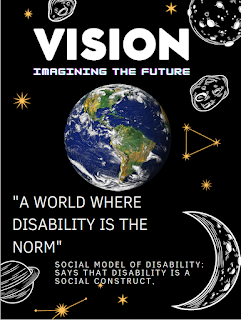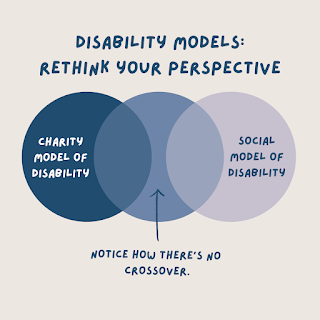- There is both hypo and hyper sensitivity. This can manifest as sensory seeking, sensory avoidance, or self-stimulatory behavior.
- My general takeaways were that despite the barriers it is possible to succeed and thrive in a high pressure college environment like Cal, and that one of the major barriers to success are sensory integration issues.
- I really enjoyed hearing about other people's perspectives with Cal, and to hear it be a vast difference from mine. I got a chance also to check my privilege in a way.
- People can be diagnosed at any point in their lives with a neurodivergency
- I just found it interesting to see what sensory overload is like.
- It was really interesting to learn about hypersensitivity and sensory overload for people with ASD. I was unaware of how overwhelming public spaces can be for autistic people, and I'm glad they shared ways to be more accommodating for people who struggle with this.
- Something that surprised me was that only 2 non-speaking autistic students have been accepted in the history of Cal!
- I couldn't believe there's only been 2 non-speaking autistics at Cal.
- As a neurodivergent person, I've greatly struggled with imposter's syndrome, and it was really wonderful to hear how other folks cope with this. This class has motivated me to engage with the disability rights movement and hearing about how our speakers are involved has sparked greater interest.
- I did not realize the importance of playing for children, especially for those on the spectrum.
- I learned a lot about developmental factors in autistic youth.
- The takeaway was the different categories within Neurodiversity.
Feb 24, 2022


















